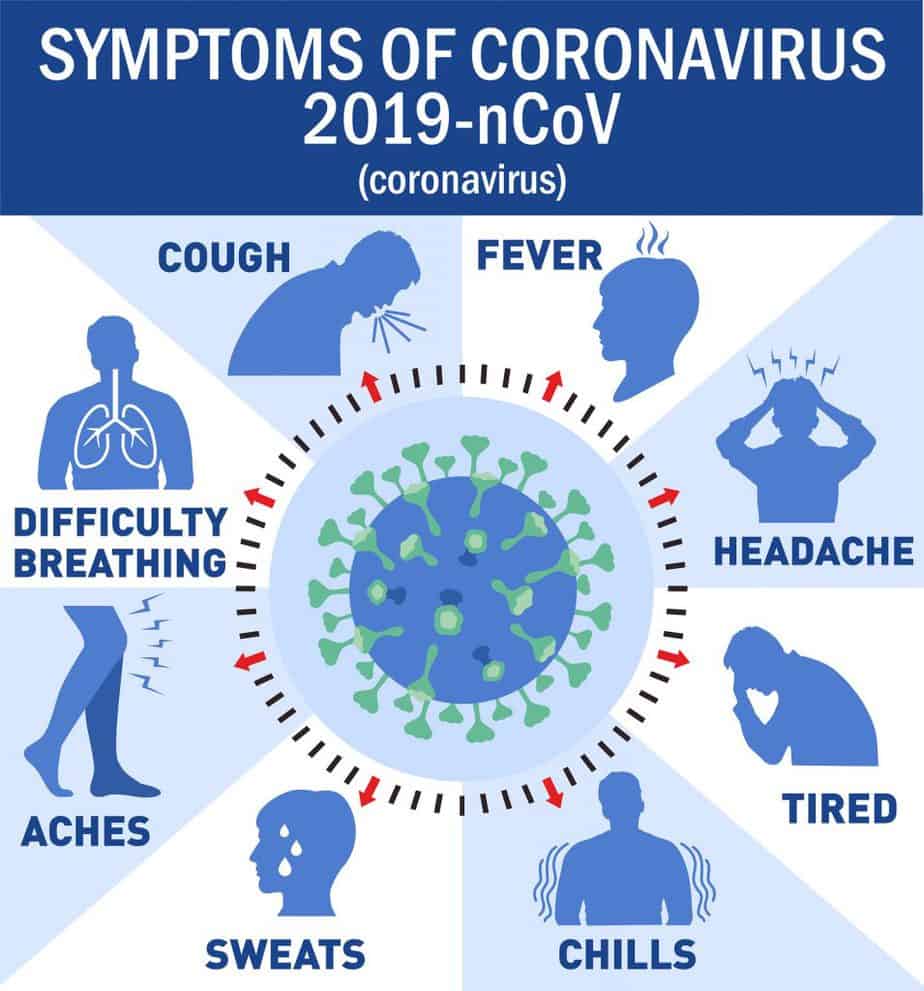Anyone who has paid attention to the news recently has likely seen that the coronavirus epidemic has reached the United States. In other parts of the world where the illness is more widespread, the effects are already obvious. China has quarantined entire cities. Sporting events and conferences are being canceled throughout Europe. Now, a few sporting events have been canceled in the United States. The NCAA is considering playing their tournament games, dubbed “March Madness,” in empty stadiums. Finally, employers are also wondering how they are going to survive if their workers have to miss an extended amount of time due to coronavirus illnesses. Do coronavirus infections fall under the umbrella of worker’s compensation?
If the coronavirus epidemic continues to spread throughout the globe, insurance companies should prepare themselves for the certainty that worker’s compensation claims are going to come up. They are going to span the entire spectrum of insurance product lines. Now, do insurance companies need to cover these claims? In general, worker’s compensation policies exist to provide insurance benefits for employees who suffer injuries or illnesses from the general course of their employment. Of note, most worker’s compensation policies do not include injuries in an accident during the work commute. According to jasondmills.com, “Injuries and illnesses only need to be work-related for the employee to be eligible for benefits.” Many of the debates surrounding worker’s compensation target the issue of whether or not an injury suffered at work was truly work-related. Now, this discussion is going to shift to the illness category with coronavirus.
To make these claims easier to process, employees and employers must maintain detailed work records. This is particularly true if they come into close contact with someone who subsequently has a positive test. Remember, the virus may hibernate for over two weeks before the infected individual shows symptoms. This means that someone can pass the infection to other people without knowing they are infected. Therefore, any potential exposures should be documented. This may increase the chances of someone having their claims honored as worker’s compensation.
Right now, the mortality rate of this infection appears to be around three percent. This makes coronavirus about 20 times deadlier than the seasonal flu. The illness appears to be more serious in elderly individuals; however, some fields will be at a greater risk of contracting coronavirus infections than others. Anyone who works in close quarters with other people should be especially wary. Of course, healthcare facilities that treat these infected individuals will be at the greatest risk of all. Some of the measures that people can take to protect themselves include handwashing, cough, and sneeze precautions. With preventative measures, this outbreak can be kept under control.



